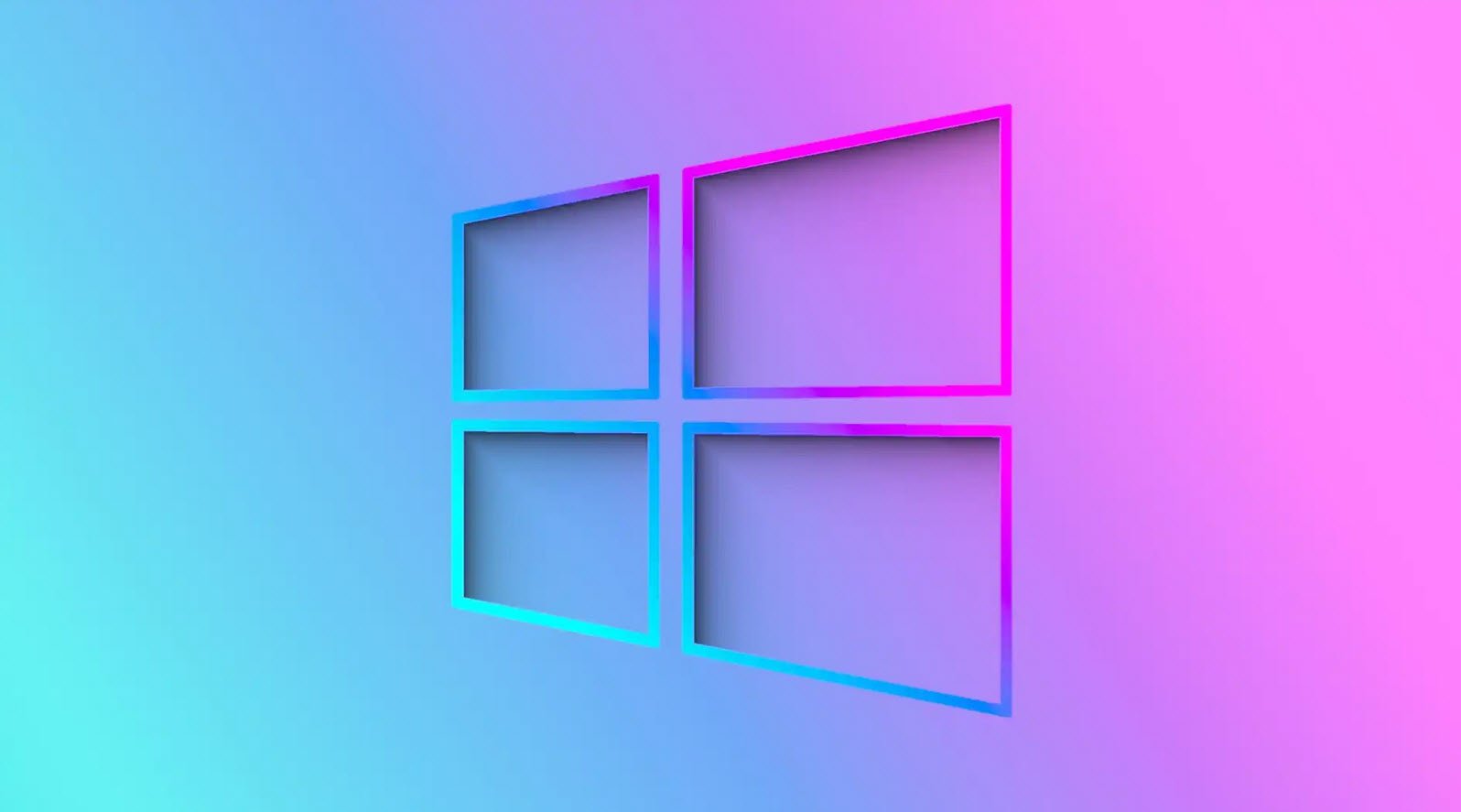
Relational databases are a fundamental part of modern data management, providing a structured approach to storing and retrieving information. Over the years, several relational databases have gained immense popularity due to their robustness, scalability, and performance. In this article, we will explore some of the most popular relational databases and highlight their key features.
1. Oracle:
Oracle Database, developed by Oracle Corporation, is one of the most widely used and trusted relational database management systems (RDBMS). It offers a comprehensive set of features, including high availability, data replication, advanced security, and scalability. Oracle Database is known for its strong support for transaction processing and its ability to handle large amounts of data efficiently. It is a popular choice for enterprise-level applications.
2. MySQL:
MySQL is an open-source RDBMS that has gained popularity for its ease of use, scalability, and performance. Developed by Oracle Corporation, MySQL is known for its speed and reliability. It is often used in web applications and is the default database management system for many content management systems, such as WordPress. MySQL offers various storage engines, including InnoDB and MyISAM, allowing users to optimize their database performance based on specific requirements.
3. PostgreSQL:
PostgreSQL, often referred to as Postgres, is an open-source object-relational database management system. It is known for its advanced features, extensibility, and strict adherence to SQL standards. PostgreSQL offers a wide range of data types, supports complex queries, and provides features like full-text search, indexing, and geospatial capabilities. It is highly customizable and has a strong community backing, making it a popular choice for developers and organizations seeking a powerful and flexible database solution.
4. Azure SQL:
Azure SQL Database is a cloud-based, fully managed relational database service provided by Microsoft Azure. It offers high availability, automatic backups, and seamless integration with other Azure services. Azure SQL supports multiple deployment options, including single databases and elastic pools, providing scalability and cost optimization. It is an excellent choice for applications hosted on the Azure cloud platform and offers compatibility with existing SQL Server applications.
5. Google Cloud SQL:
Google Cloud SQL is a fully managed, cloud-based relational database service offered by Google Cloud Platform. It supports MySQL and PostgreSQL, providing easy migration for existing applications. Google Cloud SQL offers automatic backups, replication, and automatic scaling to handle increased workloads. It integrates well with other Google Cloud services and provides high availability and reliability, making it a popular choice for applications hosted on the Google Cloud Platform.
6. Microsoft SQL Server:
Microsoft SQL Server is a robust and feature-rich RDBMS developed by Microsoft. It offers a wide range of tools and services for database management, business intelligence, and analytics. SQL Server provides high availability, scalability, and security features. It has strong integration capabilities with other Microsoft products, such as Azure services, SharePoint, and Excel. SQL Server is commonly used in enterprise-level applications and data warehousing solutions.
7. SQLite:
SQLite is a lightweight, file-based relational database management system that doesn’t require a separate server process. It is known for its simplicity, small footprint, and portability. SQLite is widely used in embedded systems, mobile applications, and small-scale projects. Despite its lightweight nature, SQLite supports many advanced SQL features and offers ACID (Atomicity, Consistency, Isolation, Durability) compliance.
8. MariaDB:
MariaDB is an open-source, community-developed fork of MySQL. It was created as a response to concerns about the acquisition of MySQL by Oracle Corporation. MariaDB maintains a high degree of compatibility with MySQL and offers additional features and performance improvements. It is often considered as a drop-in replacement for MySQL, providing users with an alternative while retaining compatibility with existing applications.
9. Informix:
Informix, developed by IBM, is a relational database management system known for its high-performance capabilities and scalability. It offers features like built-in replication, clustering, and multi-threading to handle large-scale data processing. Informix supports both SQL and NoSQL data models, providing flexibility for different application requirements. It is commonly used in industries that require high-speed data processing, such as telecommunications and finance.
In conclusion, the relational databases mentioned above have gained popularity due to their unique features, performance, and reliability. Choosing the right database depends on various factors, including the specific requirements of the application, scalability needs, and budget considerations. By understanding the strengths and characteristics of each database, organizations and developers can make informed decisions to build robust and efficient data management systems.
You may also like:- How To Fix the Crowdstrike/BSOD Issue in Microsoft Windows
- MICROSOFT is Down Worldwide – Read Full Story
- Windows Showing Blue Screen Of Death Error? Here’s How You Can Fix It
- A Guide to SQL Operations: Selecting, Inserting, Updating, Deleting, Grouping, Ordering, Joining, and Using UNION
- Top 10 Most Common Software Vulnerabilities
- Essential Log Types for Effective SIEM Deployment
- How to Fix the VMware Workstation Error: “Unable to open kernel device ‘.\VMCIDev\VMX'”
- Top 3 Process Monitoring Tools for Malware Analysis
- CVE-2024-6387 – Critical OpenSSH Unauthenticated RCE Flaw ‘regreSSHion’ Exposes Millions of Linux Systems
- 22 Most Widely Used Testing Tools








